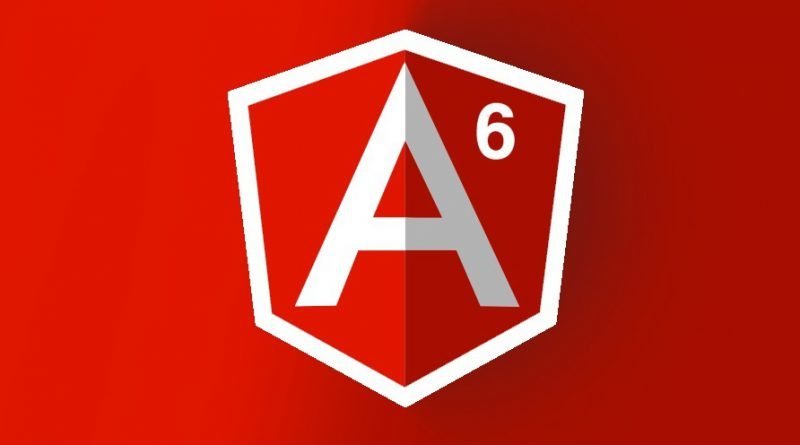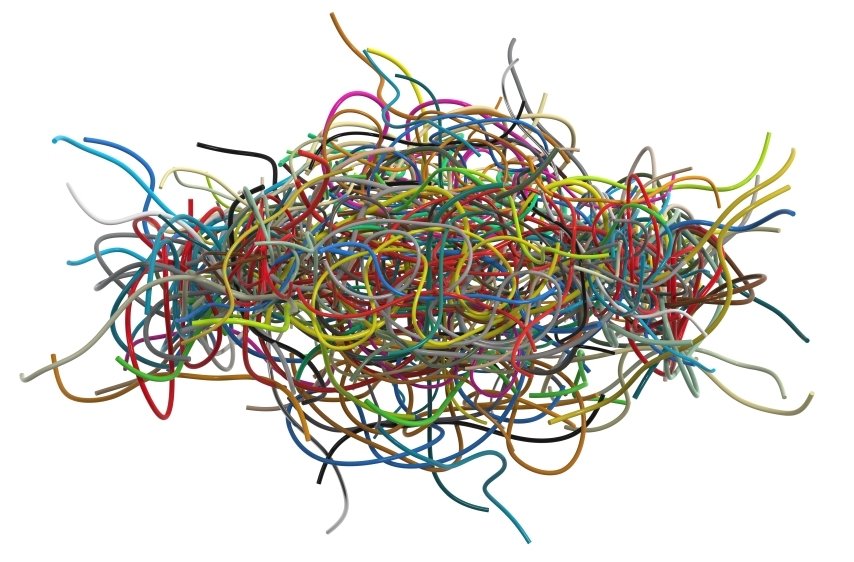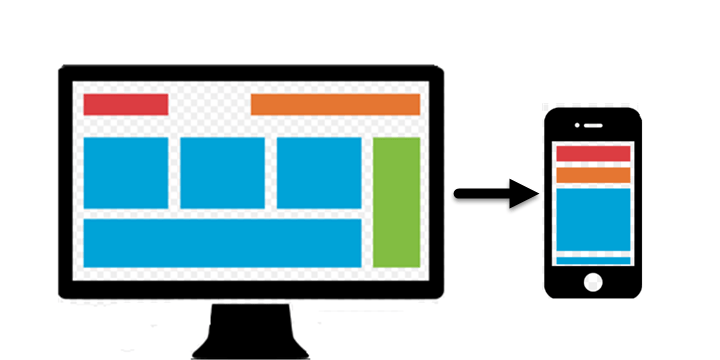Title Text


It's not a matter of if it's a matter of when!
Why we have AngularJS in 2018?
- the application is rarely used and will be abandoned one day in which case no migration is needed
- the application is wide, with a major impact on the business and undergoes a lot of interventions
What happens if we don't update?
What happens if we don't update?
- the app will have problems with packages (this happened twice this year)
- we expect this number to double and so on as the time pass

What happens if we don't update?
- new joiners will take at least 4 month of being fully productive
- HR will have a hard time finding developers that want to work with with legacy code.

What happens if we don't update?
- We will be vulnerable to security breaches (have in mind GDPR)
- Why is this? Because google pulled the plug last month and it freezed the development - they will still offer support for 3 years (2021)

What happens if we don't update?
Every new initiative will add more complexity and work/time to the already existing legacy code that we have, witch will result in wasted money.
- rewrite bezwaar (30components x 9hours) = 270hours
- core components estimation

What happens if we update?
What happens if we update?
- the new joiner will take around 2 month to be fully productive

What happens if we update?
- angular performance enhancements and it will actually work 5 times faster
- faster change detection, template precompilation and reuse, lower memory usage, observables

What happens if we update?
- we will have the skeleton to expose functionality on mobile (tablet)

What happens if we update?
- for every new initative the dev time will be reduced
How can we do it?
Option 1
Migrate all at once and stop the heavy development on the front end part. This means we can still do small things and adapt them in the update as well.
This is the right way because we can also get rid of the unwanted things that gathered along the way.

Option 2
Going to a hybrid state:
Conflicts that can't be predicted at this moment.
Much of the development environment and tool builds must be reviewed
The code becomes necessarily heavier because 2 different frameworks are loaded.

- Frontend technologies (browser, javascript, css, html) evolve every day, we can't stop that.
- The solution is to adapt to our ecosystem.
- iobjects is a product that has a major impact and it won't die in the near future.
- think in 5 or 10 years we want it to be up to day with the technologies and it will be with this update of angular because the way that you write the code can be transposed in other frameworks with ease.